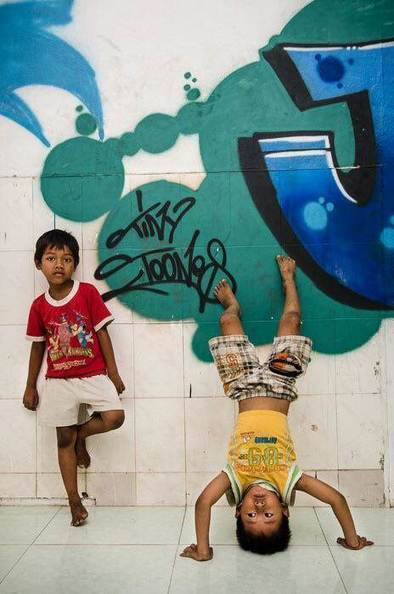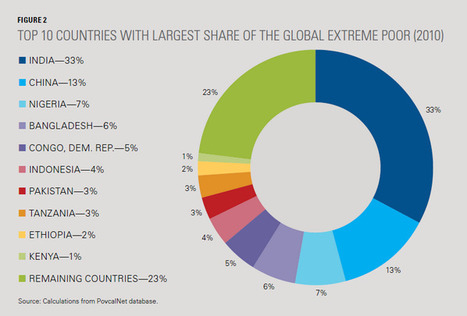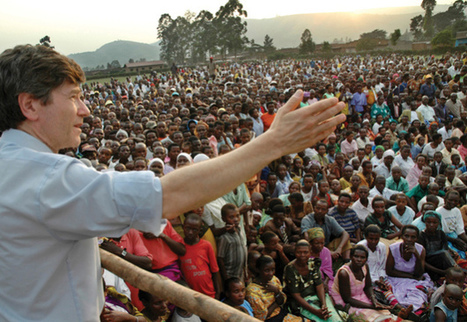Deported to Cambodia, Former Gang Member Gets A Second Chance. When Tuy Sobil was deported to Cambodia from the U.S., it was the first time he had ever stepped foot in the Southeast Asian country.

|
Scooped by Skuuppilehdet |



 Your new post is loading...
Your new post is loading...

















